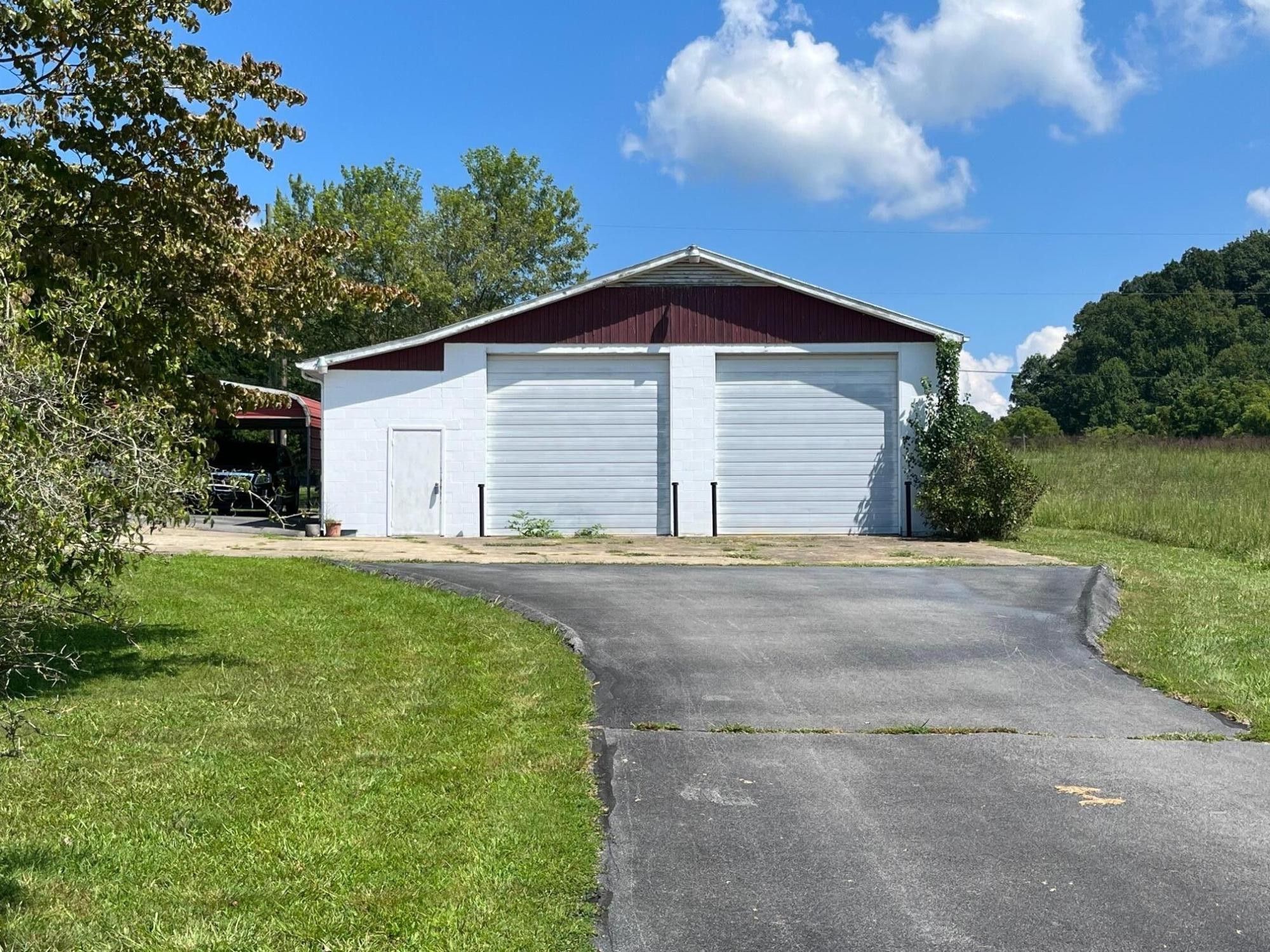Land For Sale Scott County Va – Whether it’s vintage clothing, antique furniture, or used luxury watches, second-hand goods offer an opportunity for buyers to find quality items that are no longer available in stores. However, there’s also an argument to be made that, over time, quality goods are often more economical in the long run. In the realm of real estate, for instance, selling a house is often an emotional and logistical challenge. It’s a constant negotiation, where both parties seek to align their perceptions of worth and reach an agreement that satisfies both sides. Sellers also have to deal with the emotional aspects of letting go of a business that they may have built over many years. While buying and selling second-hand items can come with its challenges, the rewards—both financially and environmentally—make it a worthwhile pursuit for many people. For the seller, there is the risk that they may not be able to find a buyer who is willing to pay the desired price, or that the sale may not go through as planned. This ensures that the product is fully functional and free of defects, providing peace of mind for buyers. Many sellers of second-hand electronics offer refurbished items, which have been inspected, repaired, and restored to a like-new condition. For those considering buying a business, the appeal often lies in the opportunity to take over an existing operation and build upon its foundation. Legal experts are often involved at this stage to ensure that the transaction is conducted in compliance with all relevant laws and regulations. As more people embrace the idea that everything has value, second-hand goods will continue to be a central part of the way
Quality goods for sale have always held a special place in markets around the world, captivating consumers with their promise of durability, performance, and timeless appeal. The appeal of finding a hidden gem, something that has been cherished by someone else and is now available for a new owner, is a part of the allure of second-hand goods. It can be a metaphor for much deeper exchanges in life. Yet, despite this shift, the appeal of quality craftsmanship has not waned. For example, someone might be able to purchase a used smartphone or laptop with the same features and specifications as a brand-new model, but at a significantly reduced price. Selling such an item can be a difficult decision, yet it often represents the practical need to downsize or make space for something new. On the other hand, buyers may seek to negotiate lower terms based on the findings from their due diligence or their assessment of the business’s future potential. Our emotional lives, our personal narratives, and even our deepest fears have been monetized. In the world of quality goods for sale, there is also an inherent sense of value in the stories behind them.

Hiltons, Scott County, VA Undeveloped Land, Homesites for sale Property
Golf coursescustomer supportany timeadvanced search

Gate City, Scott County, VA House for sale Property ID 338678763
Golf coursescustomer supportany timeadvanced search

Duffield, Scott County, VA Undeveloped Land for sale Property ID
Golf coursescustomer supportany timeadvanced search

Hiltons, Scott County, VA Undeveloped Land, Homesites for sale Property
Golf coursescustomer supportany timeadvanced search

Duffield, Scott County, VA Undeveloped Land, Lakefront Property
Golf coursescustomer supportany timeadvanced search

Fort Blackmore, Scott County, VA Undeveloped Land for sale Property ID
Golf coursescustomer supportany timeadvanced search

Hiltons, Scott County, VA House for sale Property ID 338146772 LandWatch
Golf coursescustomer supportany timeadvanced search

Fort Blackmore, Scott County, VA House for sale Property ID 416572229
Golf coursescustomer supportany timeadvanced search

Duffield, Scott County, VA Timberland Property, Hunting Property for
Golf coursescustomer supportany timeadvanced search

Hiltons, Scott County, VA House for sale Property ID 409806750 LandWatch
Golf coursescustomer supportany timeadvanced search
Additionally, trends in sustainability and eco-conscious living have contributed to the growth of the second-hand market, as consumers become more aware of the environmental impact of their purchasing decisions. Second-hand markets also promote the idea of a circular economy, an economic system that focuses on reducing waste and reusing products. Yet, at the same time, there’s the promise of new beginnings for both the seller and the buyer. Some goods, like a fine Swiss watch, carry decades or even centuries of tradition, built on a reputation of precision and excellence. It’s a world where even personal growth, self-actualization, and emotional healing are framed as commodities, available for purchase at any time, but only if you’re willing to pay the price. Second-hand goods, especially those that are vintage or antique, often carry a sense of history and craftsmanship that can be missing from mass-produced products. Whether you’re the seller or the buyer, the phrase “for sale” is a reminder that everything in life is in constant motion, always moving toward something new, something different, something better. Similarly, a quality suit made from fine wool will age gracefully, developing a patina that speaks to its craftsmanship. Regardless of the reason, the sale of a business is an event that requires careful planning, transparent communication, and strategic negotiations. The decision to sell an heirloom piece of furniture, for example, can be emotionally complex, as it involves a shift in one’s connection to the past. The story behind the item becomes part of its value, adding an emotional dimension to its physical form. For those on the outside looking in, the idea of acquiring an existing business might seem both enticing and overwhelming. We start to treat people as commodities, too — as means to an end, as tools for achieving personal success or social status. Manufacturing new items requires energy, raw materials, and natural resources, all of which contribute to environmental degradation. For some, it’s a matter of balancing budgetary constraints with their desire for quality. For those considering buying a business, the appeal often lies in the opportunity to take over an existing operation and build upon its foundation. For the buyer, purchasing a home is a dream realized, a step toward security and stability. Whether it's old furniture that no longer fits with their style, clothing that no longer fits, or electronics they no longer use, selling second-hand items allows individuals to recoup some of the money they spent on these goods. In a circular economy, items are kept in use for as long as possible, reducing the need for new resources and minimizing environmental harm. This has opened up new possibilities for people to find exactly what they’re looking for, whether it’s a specific brand of furniture or a limited edition item that was once sold out.
For the seller, the goal is often to maximize the value of the business, while for the buyer, the focus is on ensuring that the investment is sound and that the business can continue to thrive under new ownership. Whether it’s a car, a house, or a simple piece of furniture, there’s a process that unfolds. It may have been passed down, carefully preserved, and lovingly maintained. This is particularly evident in industries such as furniture, clothing, and electronics. The object becomes more than just an object – it transforms into a transaction, an exchange of value. For buyers, the process typically starts with identifying a business that aligns with their interests, skills, and goals. Whether you’re the seller or the buyer, the phrase “for sale” is a reminder that everything in life is in constant motion, always moving toward something new, something different, something better. However, there’s also an argument to be made that, over time, quality goods are often more economical in the long run. Many second-hand clothing stores and online platforms specialize in curating high-quality, gently used apparel, making it easy for consumers to find fashionable items that align with their tastes. When we begin to view everything through the lens of commerce, it’s easy to lose sight of the things that make life worth living — the moments that aren’t for sale, the experiences that can’t be bought. For the seller, the goal is to achieve the highest price possible for the business, while for the buyer, the goal is often to secure a fair price that reflects the true value of the business. The culture of buying second-hand goods is rapidly shifting in the modern world, particularly among younger generations. This can bring about feelings of uncertainty, as there’s no guarantee that the right buyer or partner will come along. Beyond practical reasons, the appeal of quality goods for sale also lies in the sense of pride and satisfaction that comes from owning something well-made. Therapists offer their services for a fee, and online courses promise to give us the knowledge we need to succeed — all in exchange for money. The marketplace, for all its flaws, has brought about great innovations. Although the transaction may be challenging at times, the opportunity to buy or sell a business can open doors to new ventures, provide financial rewards, and enable entrepreneurs to pursue their goals. For the seller, the goal is often to maximize the value of the business, which requires a clear understanding of the company’s assets, liabilities, and future earning potential. The focus on longevity and reliability is what sets these goods apart from their mass-market counterparts. It’s a constant negotiation, where both parties seek to align their perceptions of worth and reach an agreement that satisfies both sides.